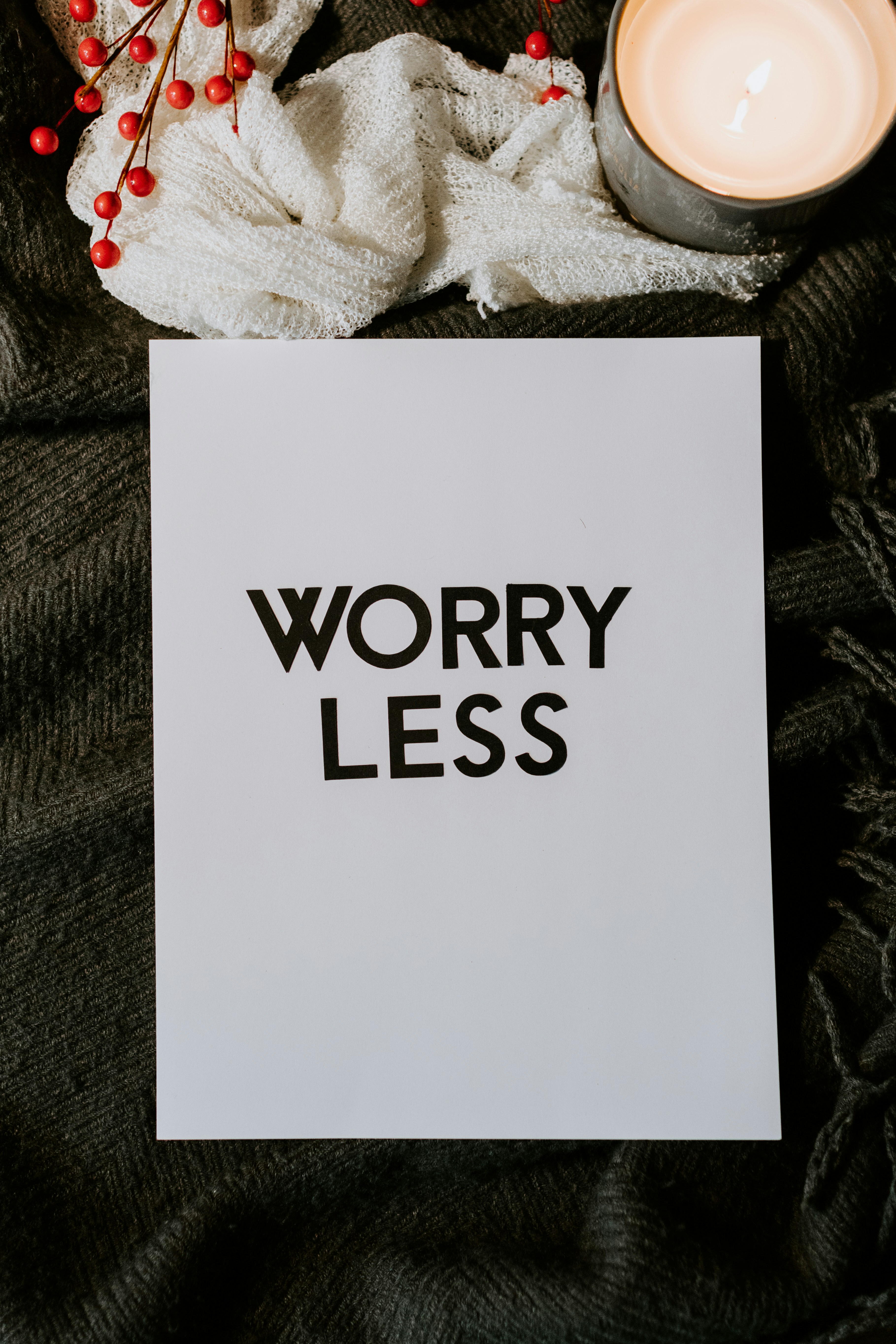Sleep is more than just rest; it’s a vital component of mental health. Learn the seven crucial ways sleep impacts your mind and overall wellbeing in our engaging blog.
“Sleep is the best meditation.” – Dalai Lama
We are all aware of how important sleep is for us. But…do you realize how much more there is to it than just making you feel awake? The link between sleep and mental health is deeply rooted. In this article, we examine a few of the many important ways that sleep may impact your mental health. Ready to dive in?
1. Mood Regulation
We’ve all experienced it—a great night’s sleep can make the world seem like an entirely different place. Well-rested brains handle emotions better. On the other hand, not enough sleep makes us irritable and crazy! It is the reset button for your brain—get enough sleep and you can handle whatever life throws at you.
2. Stress Reduction
Sleep is a natural anti-stress that helps you unwind. As you sleep, your body decreases stress hormones like cortisol. If you are not sleeping enough, these hormones will accumulate and make us feel burnt out. So, the next time you feel like your head is about to explode with stress…get yourself down on that pillow and relax first!

3. Memory and Learning
Do you want to pass that exam with flying colors or remember the things you need in your grocery? You have your brain to thank for this one because quality sleep improves the way it functions, which translates into better memory and comprehension. When you sleep deeply, the brain processes information from that day so you are better able to remember it later. Hence, if you want to keep yourself sharp, do not compromise on your sleep.
4. Emotional Stability
When you do not get enough rest, the smallest issues can appear like big obstacles. This is why lack of sleep can make you overemotional. A proper night’s rest promotes emotional wellbeing, which helps you to deal with the stress of regular life without necessarily being knocked over every day.
5. Anxiety Levels
Here’s a vicious cycle: poor sleep can lead to anxiety, and anxiety can lead to poor sleep. It begins by getting better sleep hygiene. That said, keeping a consistent sleep schedule and having an evening routine to help you relax can naturally over time lessen anxiety symptoms.

6. Depression Risk
Chronic sleep deprivation is a factor in depression. Lack of sleep upsets your brain neurotransmitters which have a direct effect on mood and mental health. Instead, good sleep can be a necessary thing to manage and prevent depression.
7. Decision-Making
Ever made a poor decision when you were tired? You’re not alone. The power of sound decision-making is greatly affected by sleep. When you’re well-rested, your brain is better equipped to evaluate situations and weigh the pros and cons, leading to better choices.
To wrap things up, sleep is not simply a part of your day—it is just the thing anchoring it all. The advantages of regulating your mood, improving memory, and decreasing anxiety are too great to pass up. Well then, go ahead and grant yourself some of those extra Z’s in order to free up the mind.






